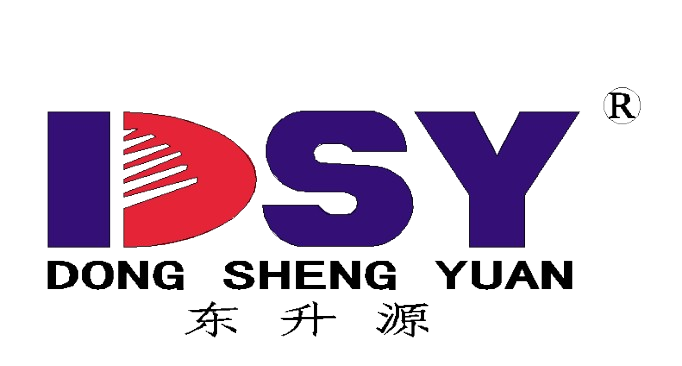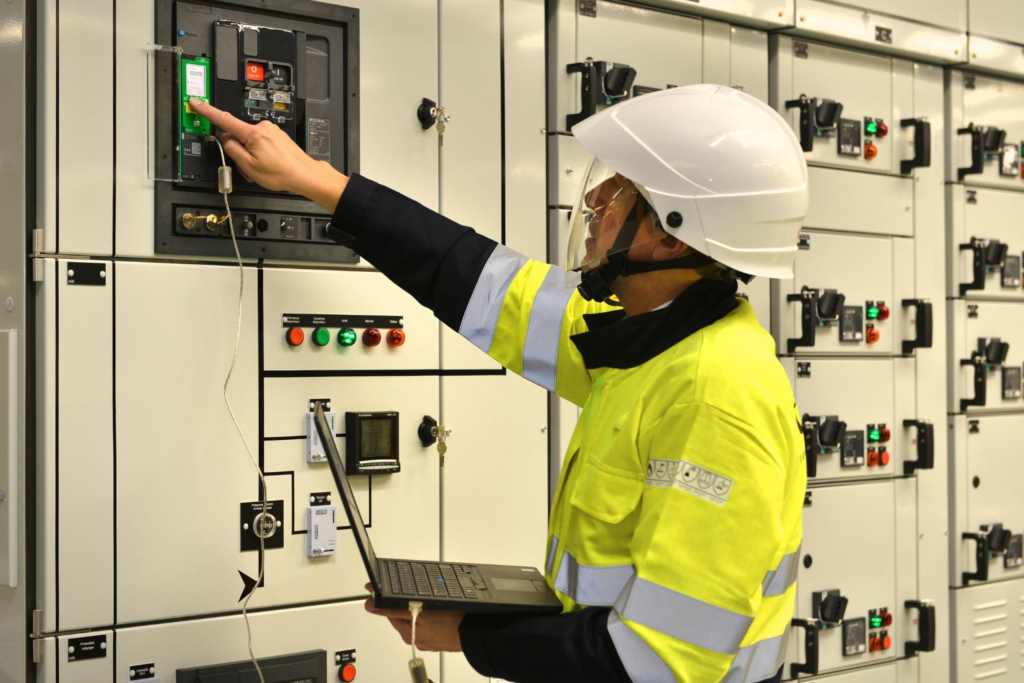Introduction to Low Voltage Panels
A low voltage panel is the backbone of modern electrical systems, ensuring safe and efficient distribution of electricity below 1,000 volts. Found in offices, factories, and renewable energy projects, these panels protect circuits, manage power loads, and support seamless operations.
What is a Low Voltage Panel?
A low voltage panel is an enclosed assembly that houses protective and control devices such as circuit breakers, busbars, and relays. It distributes electricity to different circuits while preventing overloads and short circuits.
Why Low Voltage Panels Matter in Power Distribution
Without reliable panels, even minor faults could disrupt operations. By offering protection, control, and monitoring, low-voltage panels ensure stability and energy efficiency across industries.
Key Applications of Low Voltage Panels

Commercial Buildings and Office Towers
They power lighting, elevators, HVAC systems, and IT infrastructure.
Industrial Manufacturing Plants
Panels handle high power demands, keeping machinery safe and production continuous.
Data Centers and IT Infrastructure
Provide stable electricity for servers and telecom equipment, minimizing downtime.
Renewable Energy Integration
Help connect solar and wind power safely into existing distribution systems.
Core Components of Low Voltage Panels

- Circuit Breakers & Switches – Interrupt faulty circuits to prevent hazards.
- Busbars & Distribution Boards – Safely channel and distribute current.
- Protective Relays & Monitoring Devices – Detect abnormal conditions and activate isolation mechanisms.
Comparing DSY with Competitor Low Voltage Panels

DSY vs ABB Panels
ABB offers global solutions with advanced automation, but often at higher costs. DSY focuses on cost-effective, region-specific engineering.
DSY vs Schneider Electric Panels
Schneider emphasizes digital monitoring and smart features. DSY provides on-demand integration, avoiding unnecessary expenses.
DSY vs Siemens Panels
Siemens panels are known for IoT-driven predictive maintenance. DSY balances flexibility and affordability, customizing only what clients require.
Why Choose DSY Low Voltage Panels

- Customization for Diverse Applications – From factories to renewable plants, DSY designs panels tailored to client needs.
- Cost-Effective and Reliable – Competitive pricing while maintaining high safety standards.
- International Standards Compliance – Certified by IEC 61439 and GB/T, ensuring global compatibility.
👉 Learn more at dsyswitchgear.com
👉 Explore IEC LV panel standards at IEC Official Site
FAQs – Low Voltage Panels
Q1: What voltage range defines a low voltage panel?
A: Typically up to 1,000 volts AC.
Q2: How long can DSY low voltage panels last?
A: Around 25–30 years with regular maintenance.
Q3: Can DSY panels integrate renewable energy?
A: Yes, DSY designs panels compatible with solar, wind, and hybrid power systems.
Conclusion – DSY as the Smarter Choice
A low voltage panel is essential for safe, efficient, and reliable power distribution. While ABB, Schneider, and Siemens dominate global markets, Dongshengyuan Electronic (DSY) offers customized, affordable, and certified solutions tailored to client needs. Choosing DSY ensures long-term safety and performance in every application.





